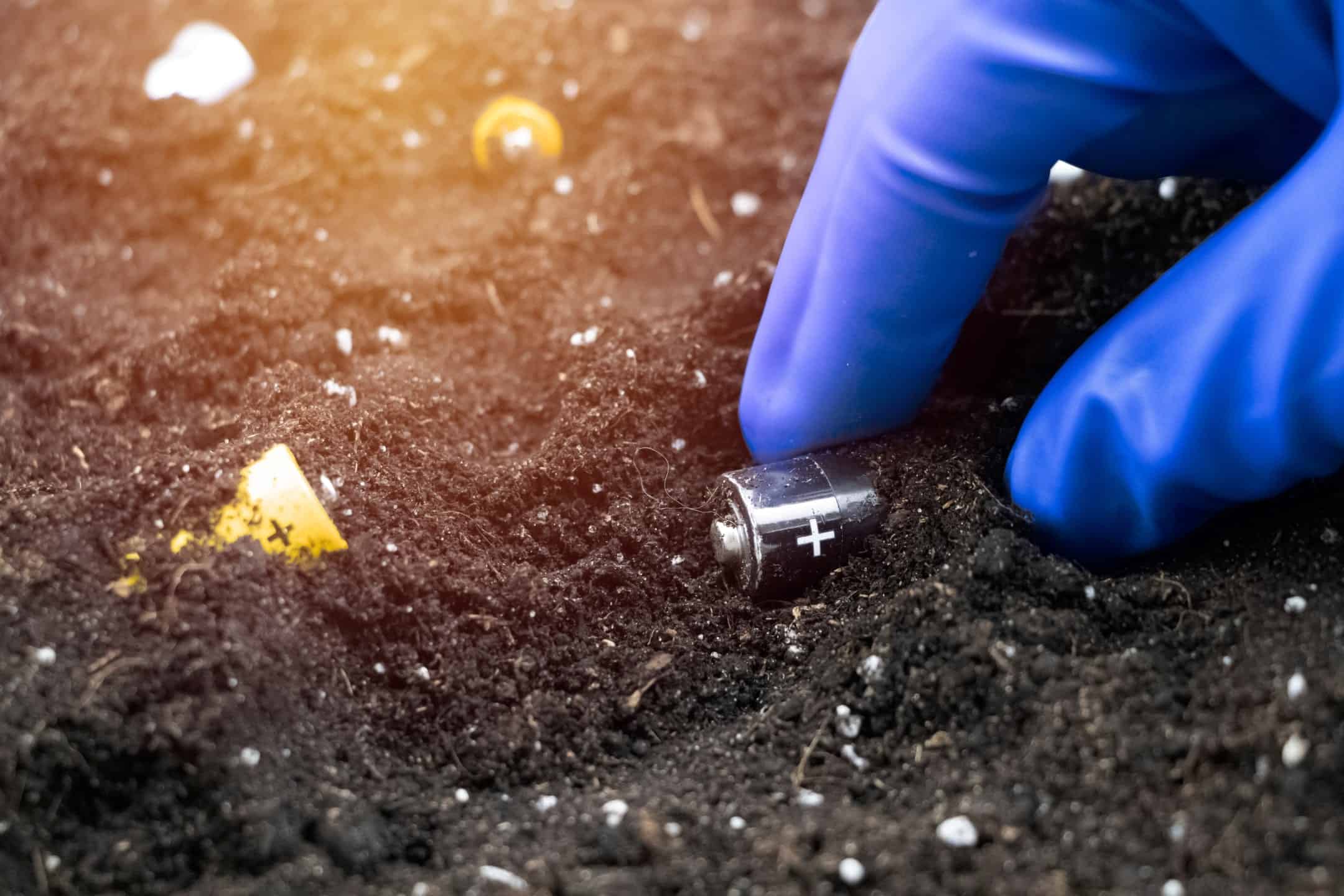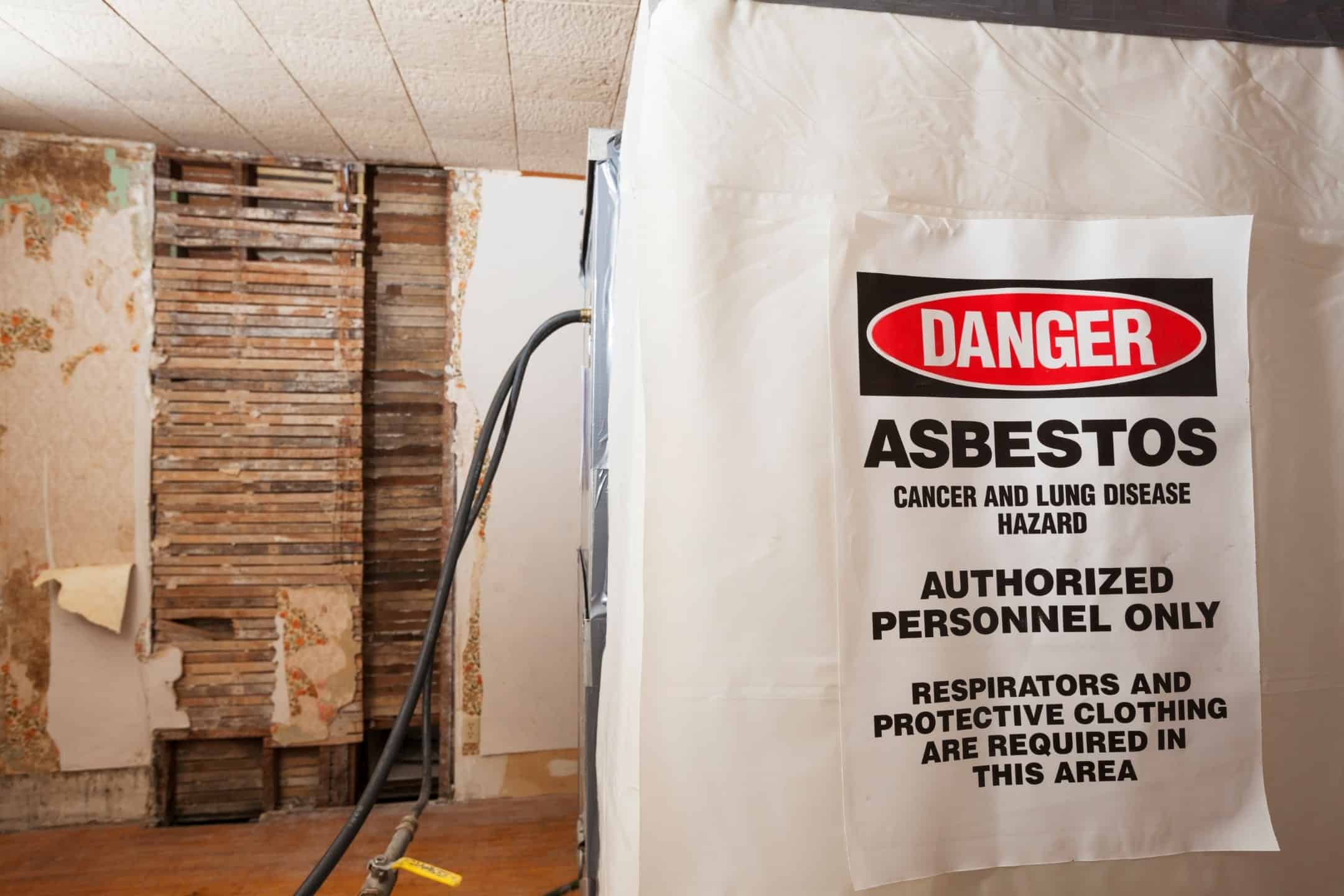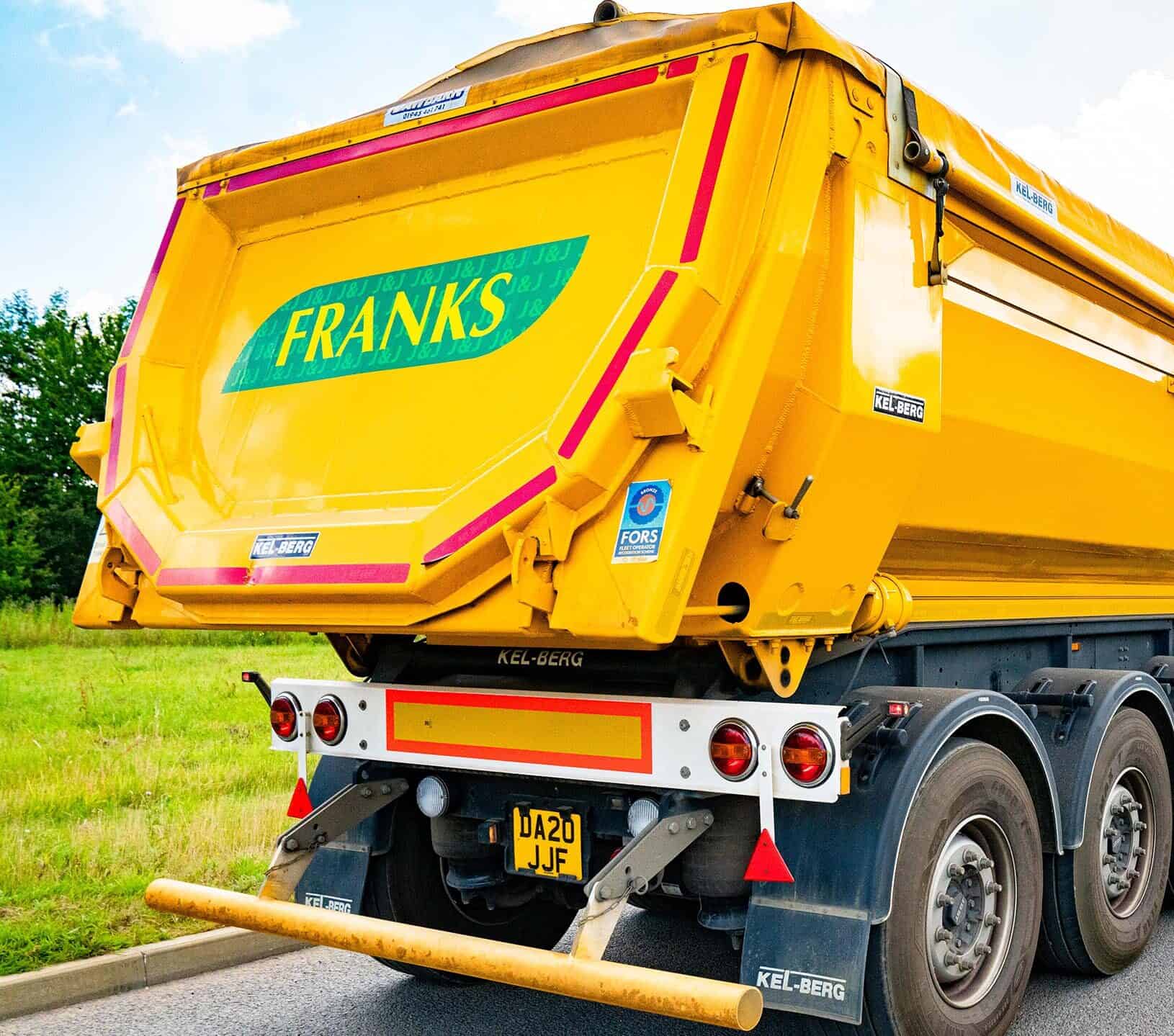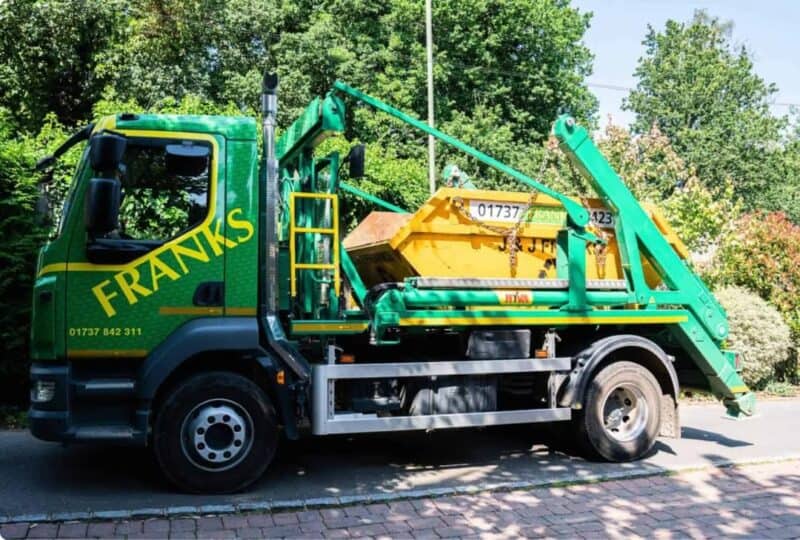In the construction industry, dealing with hazardous waste disposal is a significant aspect of maintaining a safe and compliant site. Hazardous waste includes materials that could pose potential risks to health, safety, and the environment if not managed properly. Therefore, understanding and complying with hazardous waste disposal regulations is essential for responsible businesses. This guide provides insights into what constitutes hazardous waste, the importance of regulatory compliance, and how professional waste management services can assist in maintaining safe disposal practices.
What Constitutes Hazardous Waste?
Hazardous waste is defined by the UK Environment Agency as materials that are dangerous or potentially harmful to human health or the environment. This includes substances that are toxic, corrosive, reactive, or flammable. Common examples on construction and industrial sites include asbestos, chemical solvents, lead-based products, batteries, contaminated soil, and certain types of electronic waste.
Asbestos, for example, is a well-known hazardous material due to its carcinogenic properties and the severe respiratory diseases it can cause. Similarly, contaminated soil – often found in former industrial sites, can contain a variety of pollutants like heavy metals or chemicals that can be harmful. Correctly identifying these materials is the first step in handling them responsibly and legally.
Why Is Compliance with Hazardous Waste Disposal Regulations Important?
Compliance with hazardous waste disposal regulations is crucial for both environmental protection and public health. Improper handling or disposal of hazardous waste can lead to severe issues, including contamination of local water sources, and harm to wildlife. For example, chemical solvents can impact soil and groundwater, which may pose long-term risks to nearby communities and ecosystems.
Furthermore, regulatory compliance is also essential from a business perspective. The Environment Agency enforces strict rules in the UK regarding hazardous waste disposal, and non-compliance can lead to substantial fines, legal repercussions, and a damaged reputation. Companies that do not adhere to these regulations face legal action, which can have long-term financial and reputational consequences. By ensuring compliance, companies demonstrate a commitment to safety, environmental responsibility, and social accountability, which can also enhance their public image and support broader sustainability goals.
How Can Companies Determine If They Are Handling Hazardous Waste Correctly?
For companies, determining whether they are correctly handling hazardous waste involves several key practices, from initial waste assessment to proper documentation. Companies should conduct a waste audit to identify all waste streams and assess which ones qualify as hazardous. This often involves analysing the physical and chemical properties of materials to understand their potential risks.
Once identified, hazardous waste must be stored and labelled correctly. Proper storage involves using containment that prevents leaks and spills and follows regulatory guidelines on labelling to indicate hazardous contents clearly. Labels should also provide information on handling precautions, which is essential for both compliance and safety.
Additionally, record keeping is an essential part of compliance. Companies are required to keep detailed records of the types and quantities of hazardous waste they produce and the methods used for disposal. Accurate documentation helps track waste from generation to disposal, which is essential for audits and inspections. Compliance with regulations also involves maintaining waste transfer and consignment notes, which outline the details of waste transport and disposal.
How Can a Waste Management Company Assist in Maintaining Compliance?
Managing hazardous waste can be challenging without the right expertise and resources. This is where partnering with a professional waste management company, like us at J&J Franks, can be invaluable. These companies offer complete solutions that include waste assessment, collection, transport, and disposal. They provide expert guidance on handling hazardous waste, ensuring that all steps comply with current regulations.
A professional waste management company can also facilitate correct storage and transport of hazardous waste, using containers that prevent leaks and spills and adhering to strict labelling requirements. Additionally, these companies have access to licensed disposal facilities that handle hazardous materials safely, reducing risks to human health and the environment. By utilising specialised equipment and facilities, waste management companies streamline the entire process, ensuring that hazardous waste is disposed of in an environmentally responsible manner.
Compliance with hazardous waste disposal regulations is an essential aspect of operating responsibly within industries that generate dangerous materials. Not only does it protect the environment and public health, but it also shields businesses from legal and financial penalties. Proper management involves accurately identifying hazardous waste, following stringent storage and labelling protocols, and maintaining thorough records of disposal practices.
Partnering with a reputable waste management provider like J&J Franks can simplify this process, providing businesses with the expertise and resources necessary to navigate hazardous waste regulations effectively. For more information on our waste disposal services, or to receive assistance with waste management compliance, contact us today.










